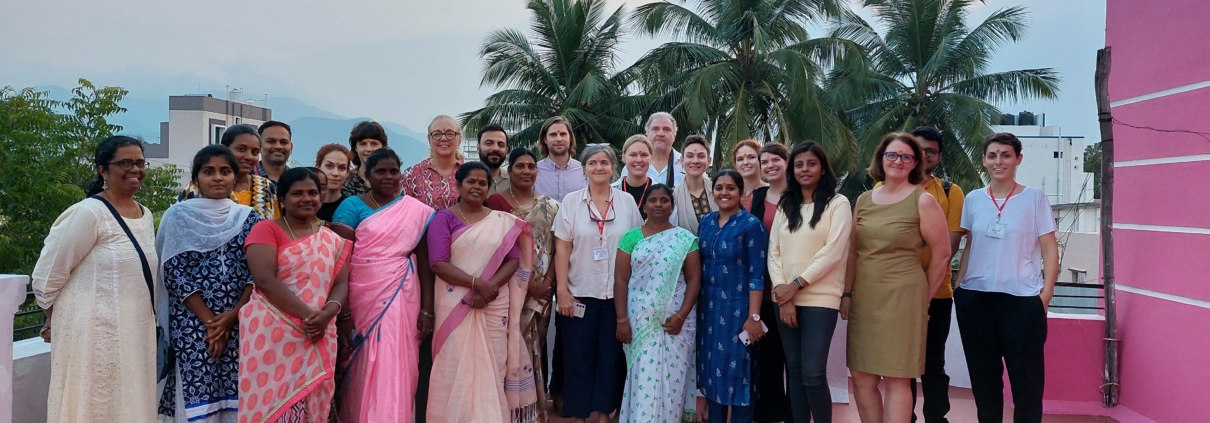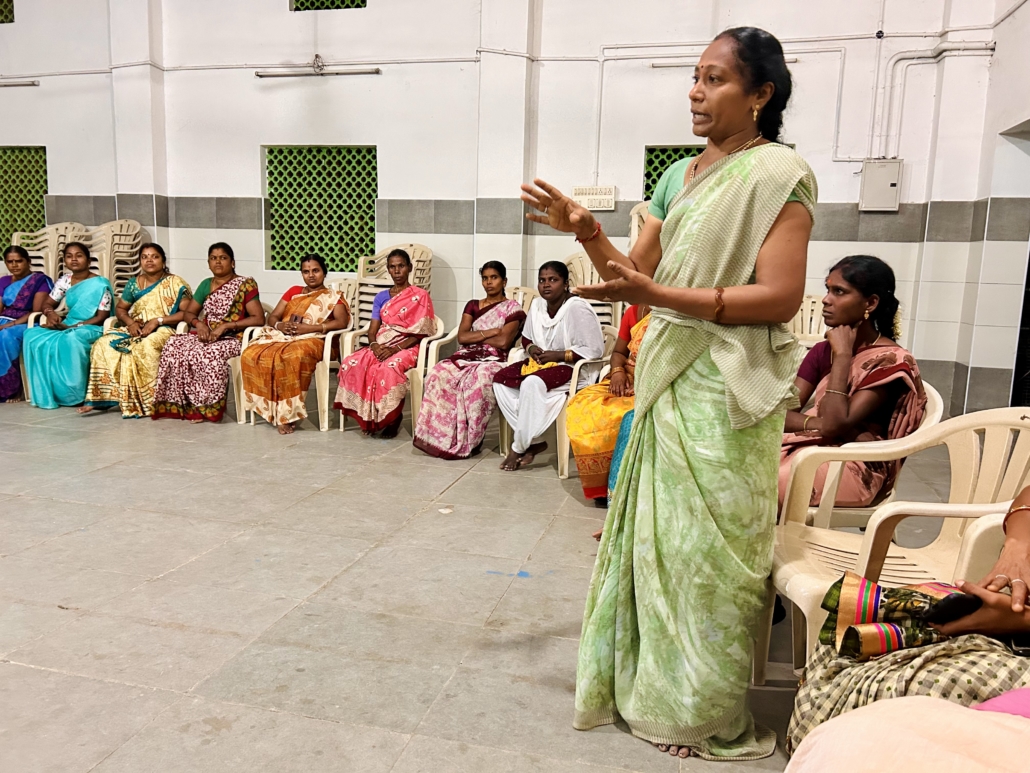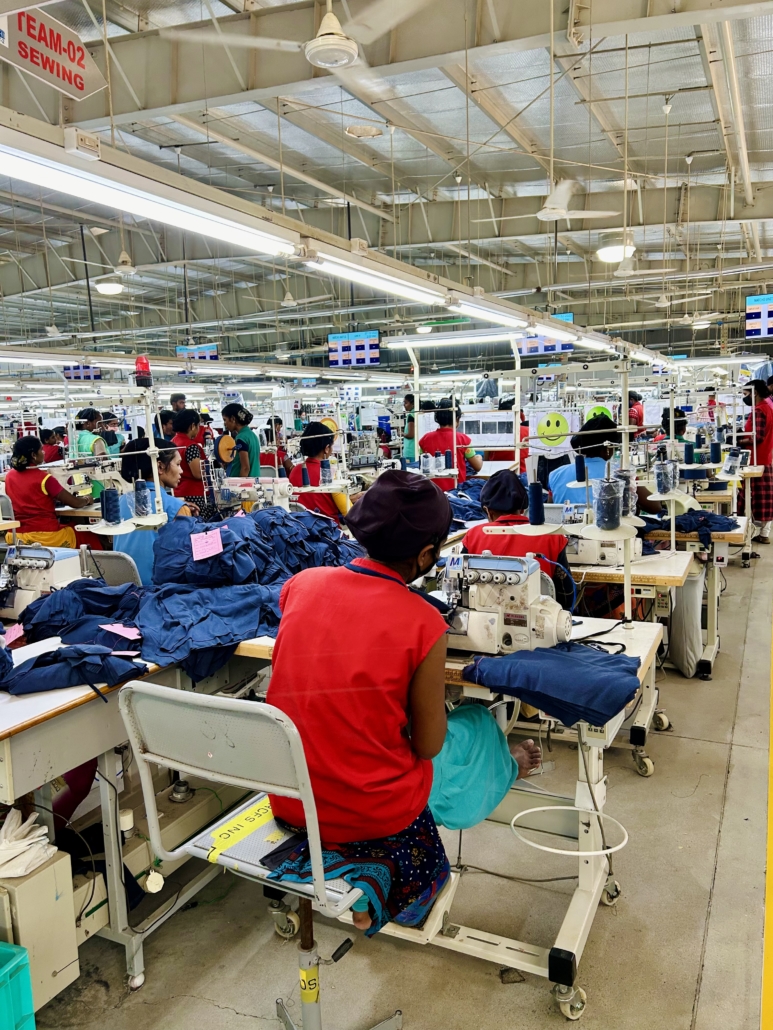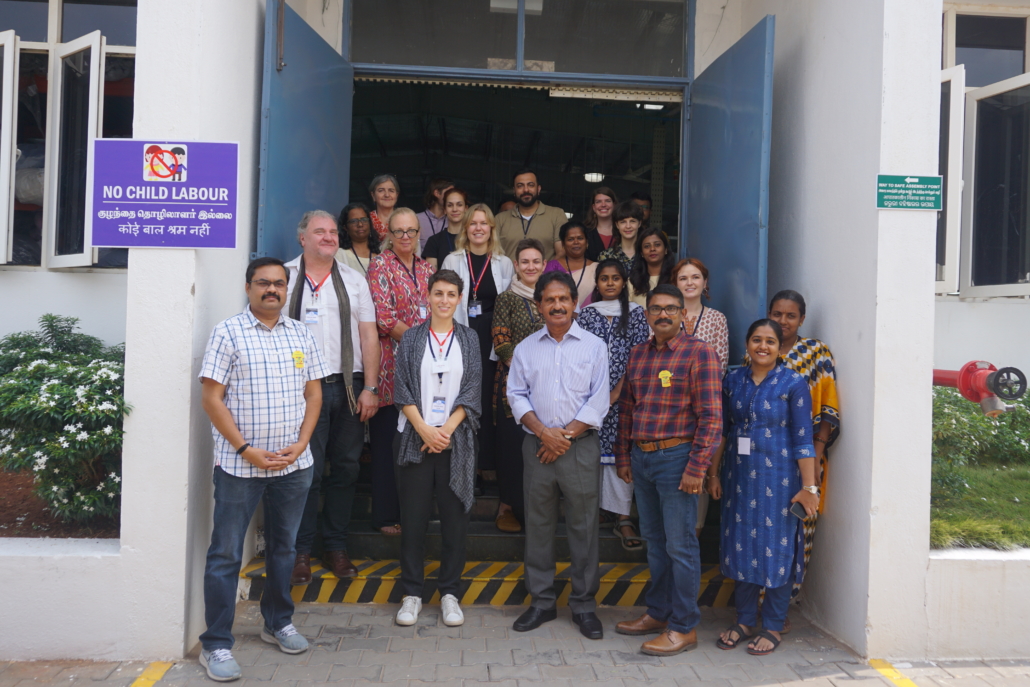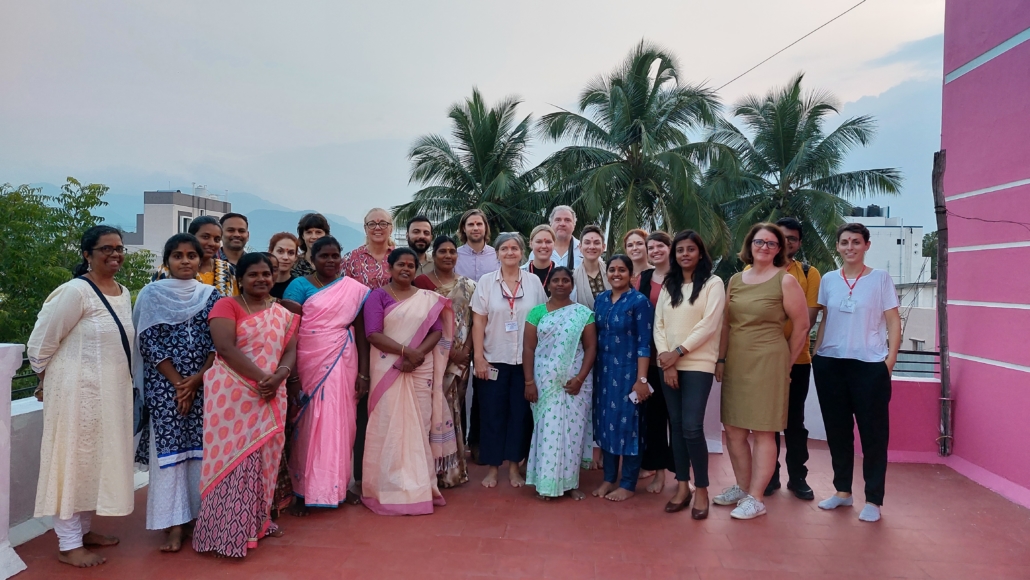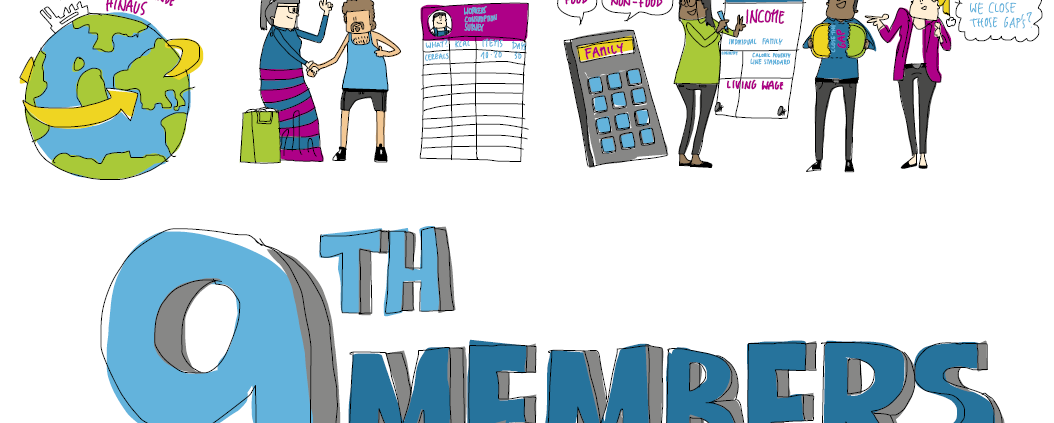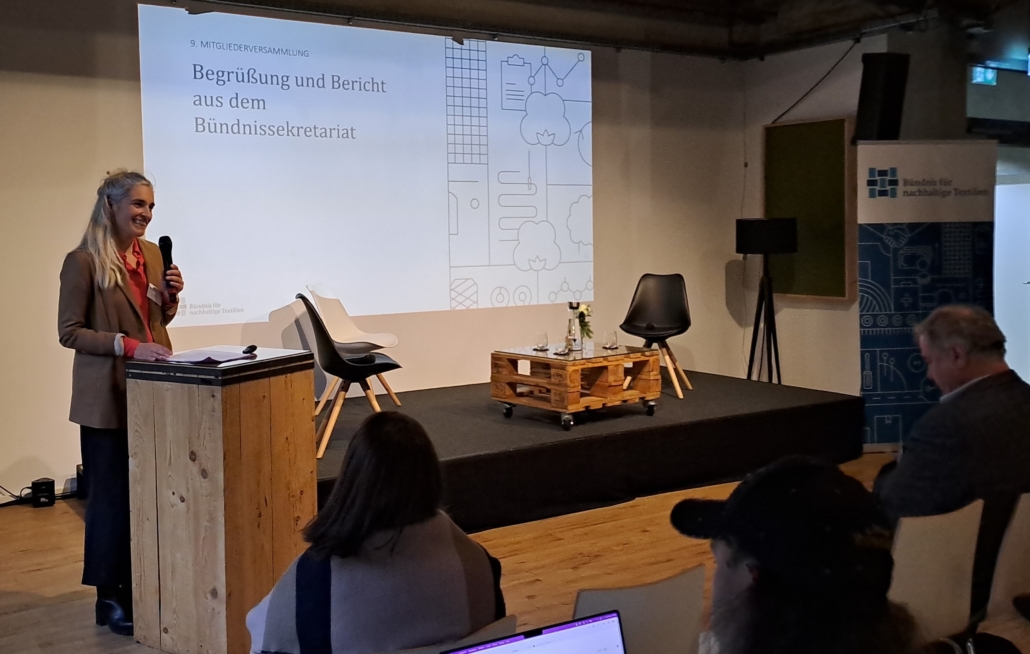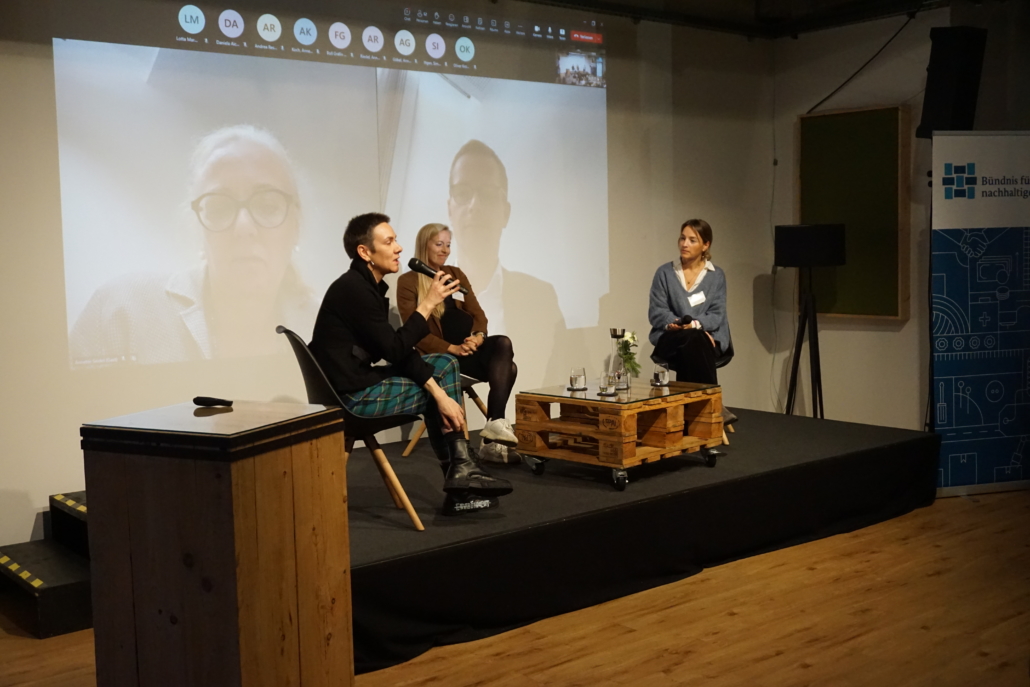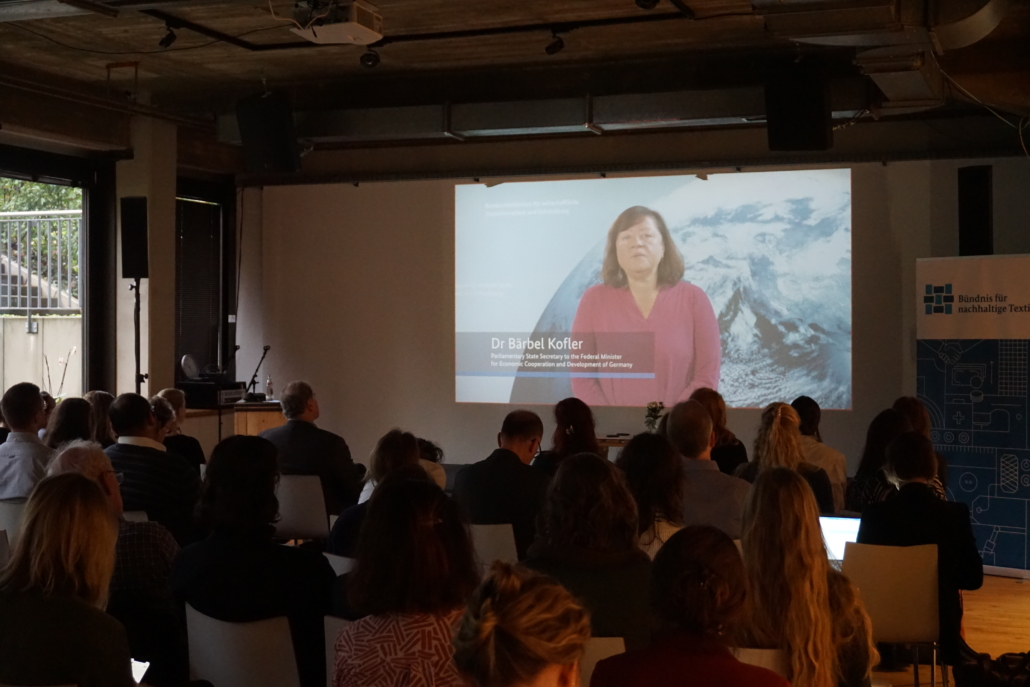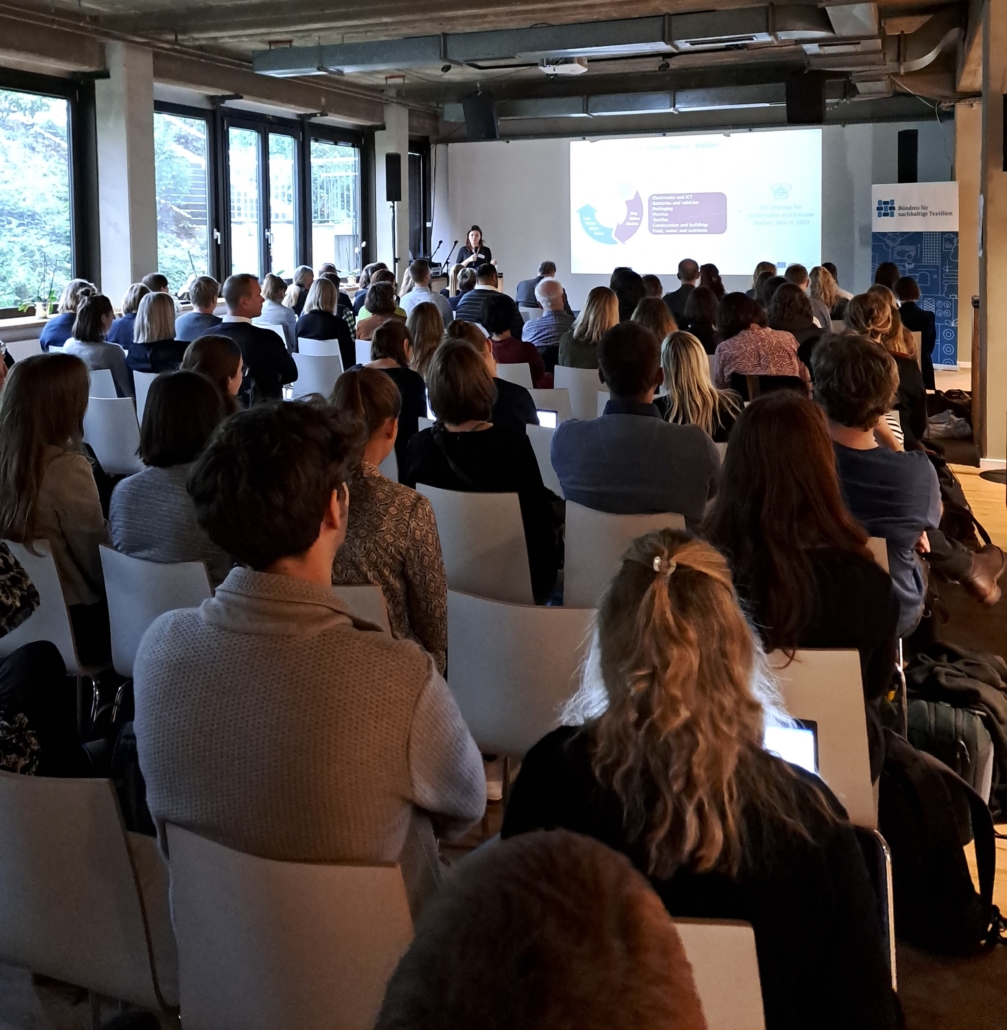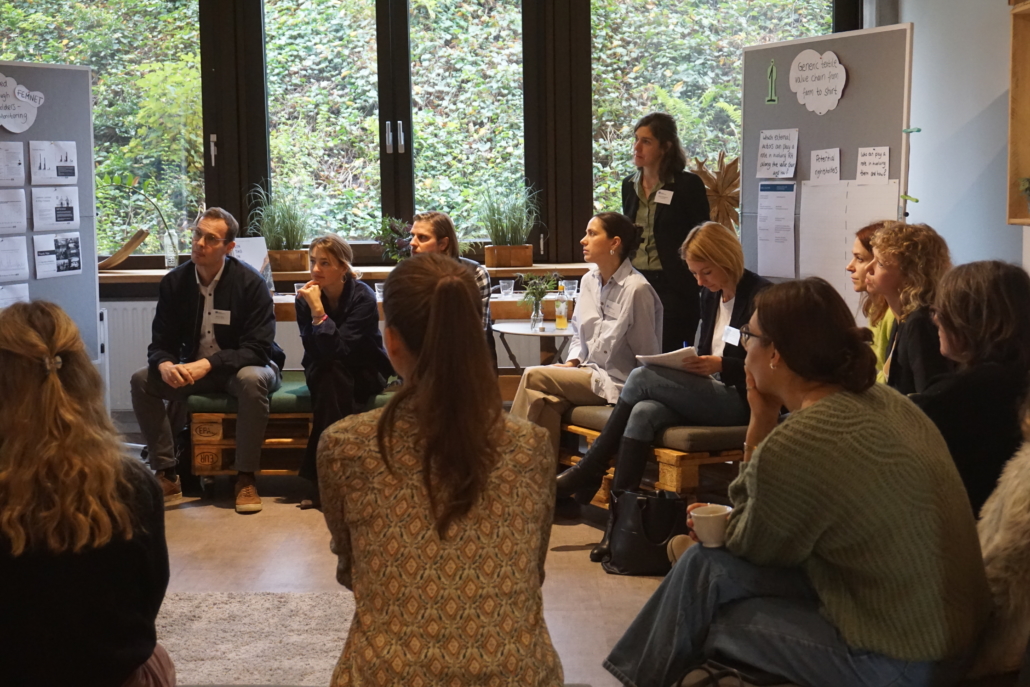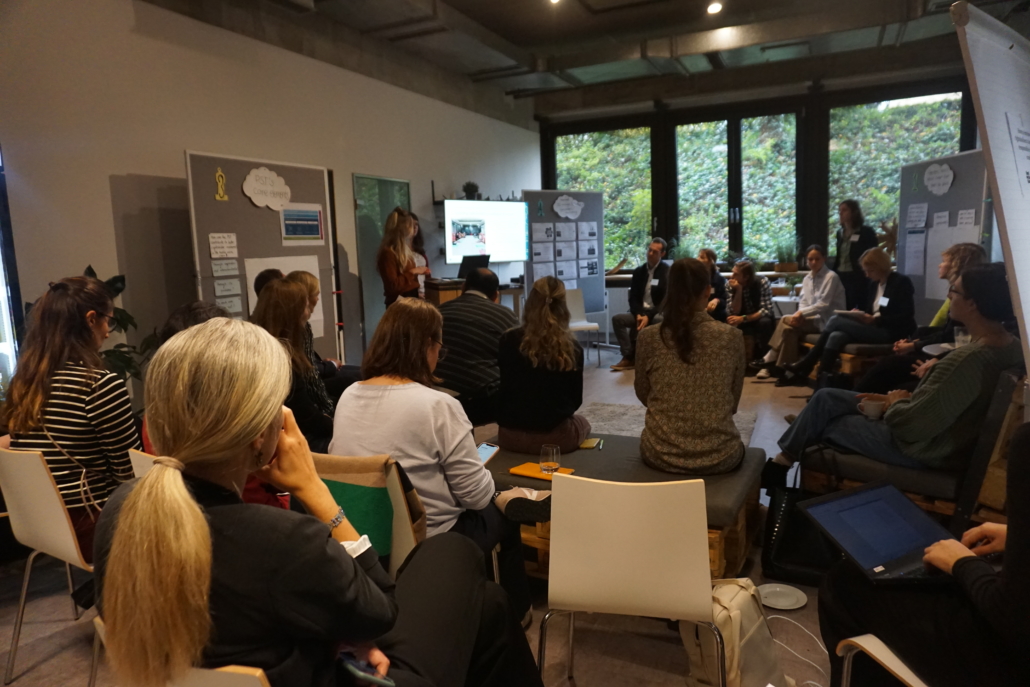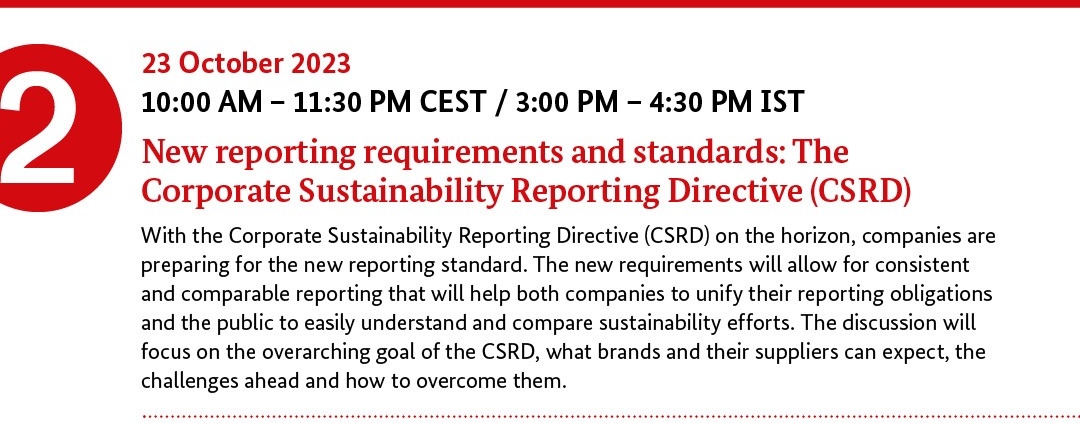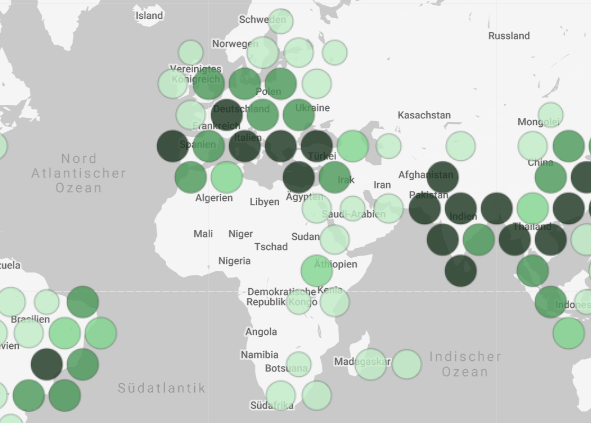Webinar-Series: Europes Green Transition in the Textile Sector
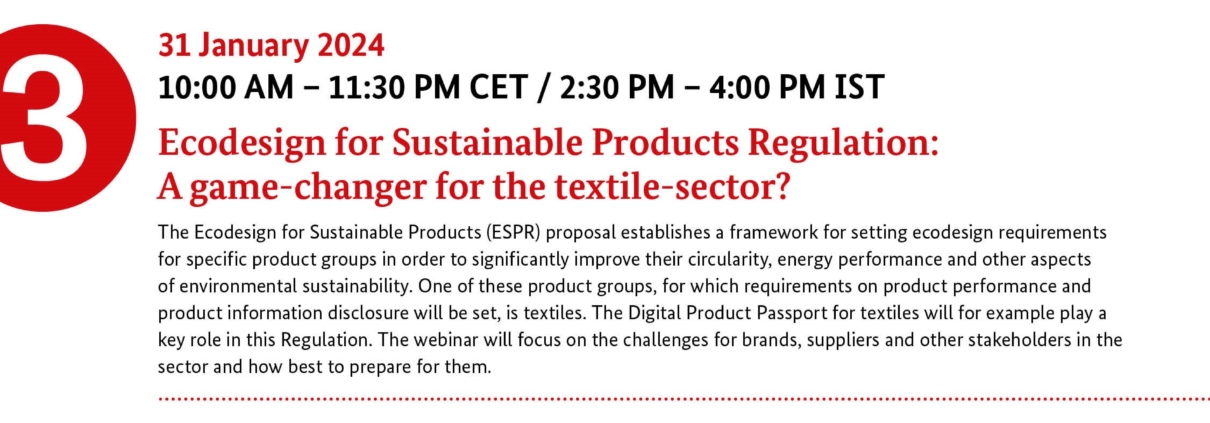
Webinar-Series: Europes Green Transition in the Textile Sector
The webinar series of The Partnership for Sustainable Textile and the Green Button on upcoming legislation under the EU Textile Strategie continues!
Ecodesign for Sustainable Products Regulation: A Game Changer for the Textile Sector?
Join us and FABRIC on 31st of January from 10am CET on for the third session of the webinar series. This time, we will shed a light on the Ecodesign for Sustainable Products Regulation (ESPR). Hear from experts and stakeholders what is coming and how to be best prepared. Is the regulation going to be a game changer for the textile sector?
Registrations are possible via this link. An overview of the upcoming webinar sessions can be found here.
On 31st of January, Tim Becker (REACHLaw), Roman Houlbreque (retraced) and Gabrielle Shiner-Hill (bureau_555) will share their knowledge with us on the ESPR as well as on the Digital Product Pass (DPP). The session will delve into the textile-specific aspects of the ESPR and provide insights into the evolving discussions around the DPP at the EU level, helping brands and suppliers prepare for the impending Regulation’s impact on the textile industry.
The initial proposal of the EU Commission on the ESPR was published on March 30, 2022. Trilogue negotiations followed in 2023 and a compromise between Parliament and Council was found in December 2023. While many of the details still need to be regulated in delegated acts in the coming years, the regulation is expected to be adopted in Q1 2024.
This regulation, a cornerstone of the EU’s Green Deal, extends the scope of the existing Ecodesign Directive to cover a broader range of products, including textiles. It seeks to introduce ecodesign requirements for specific product groups, with a focus on improving circularity, energy performance, and other environmental sustainability aspects. Textiles are prioritized as a product group. The ESPR mandates ecodesign requirements for product performance and information disclosure while addressing concerns such as the destruction of unsold products. In fact, recent amendments have strengthened the proposed ban on the destruction of unsold goods for certain specified sectors, including textiles and footwear. Furthermore, the webinar will explore the concept of the Digital Product Passport (DPP), which aims to standardize product information, enhance traceability, and support repair and recycling efforts.



